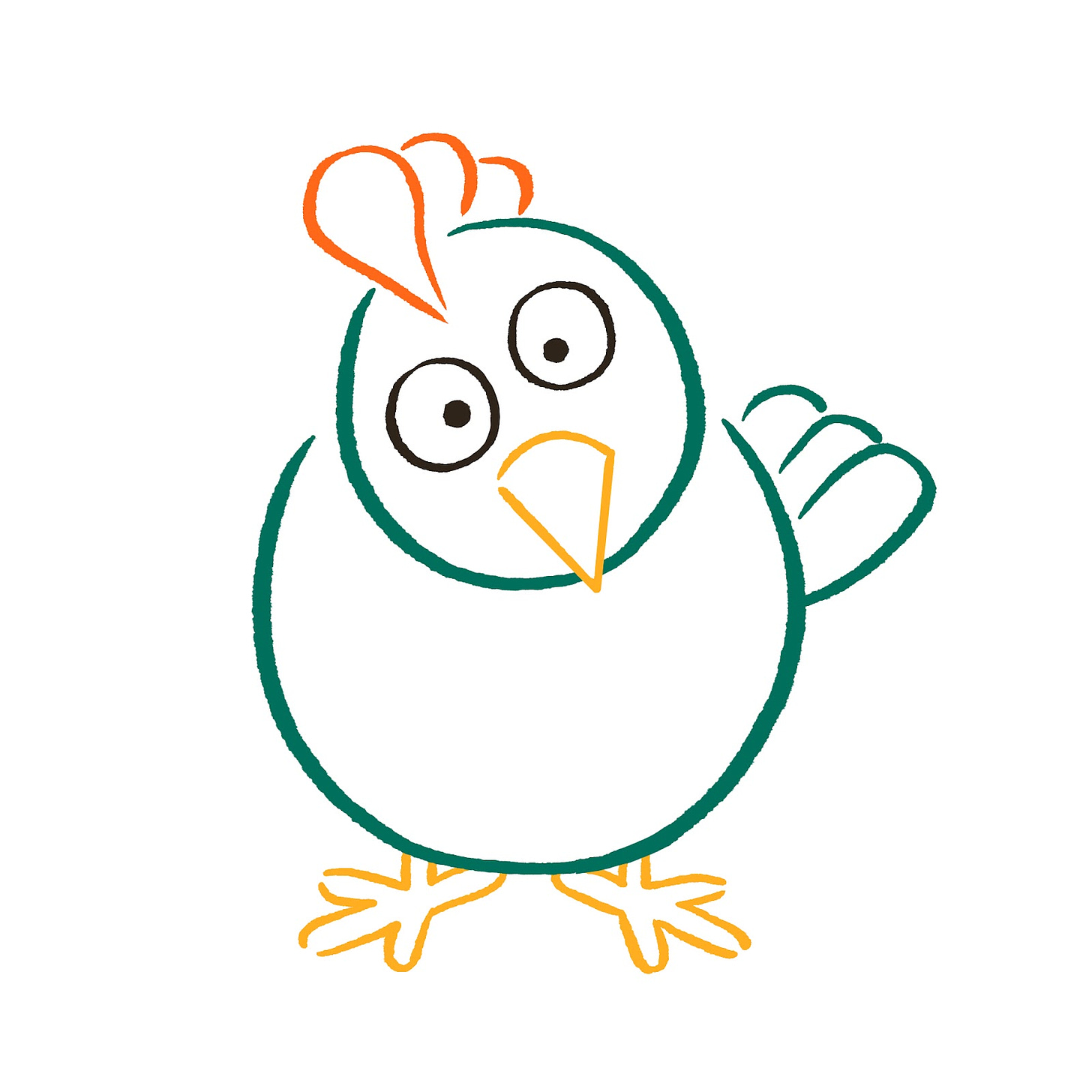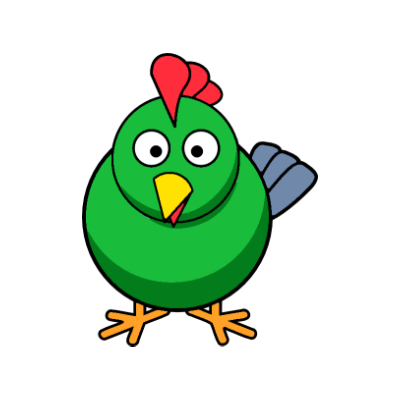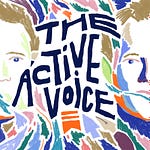And what of that analysis? Well, it’s strong-minded, intelligent, and entertaining, featuring bold statements, such as predicting the onset of a “global famine of historic proportions” and classifying “nuclear waste alarmism” as a way to “rob humanity of carbon-free energy.” The aim, they say at Doomberg, is to be “provocative but not polarizing.”
I’ve talked to hundreds of writers over the years at Substack, but none has applied quite so much rigor to growing a media business from scratch as Doomberg. For Doomberg, the content creation is just a small (but important) piece of the process. They spend just as much time obsessing about brand, technology, and operations. For any Substack strategy nerds, this episode is a must-listen.
Quotes from the conversation
On how it started
We got to the point where we could analyze virtually any content-creator business and figure out where their sore spots were or their weaknesses were or what they should do to improve. But as a consultant, you’re only as good as your client is willing to implement. And ultimately, in a very friendly argument with one of our clients, he said, “Why don’t you guys just do your own, because you’ll listen to 100% of your own advice?”
On strategy
We manage the business through what we call the five pillars, which are brand, channel, technology, demand creation, and operations. And we have a strategic vision against all five and a mindset of continuous improvement that overlays it.
On writing as a business
Are you a writer who is romantically in love with your writing, or are you a writer who really enjoys writing and you would like to make a living out of it? Because they’re two different things, and they don’t need to be in conflict with each other. But for sure, if you don’t treat your writing like a business, then you should forgo the expectation that writing beautifully will make you money.
On writing that fails as a business
There are many content creators who are perhaps a bit personally repelled by the concept of having to market their products. And to them, we would say: that almost assuredly condemns your writing to the bin of great writing never read.
On defining the Doomberg brand
Before we started Doomberg, we sat down and we gave a hard think to who our ideal clients are, and we wrote character sketches about them—literally created people. And then our brand objective is threefold. While our brand objective is simple, the gut feeling we wish to induce in our deal clients is as follows: when they see a Doomberg email in their inbox, they think, “Ooh, I get to read that.” That’s a gut feeling. And if enough people say that, then you can say that you have a brand.
On Twitter
There are parts about Twitter that I personally hate. There are times where we ponder, internally, Hey, we’re big enough, because we are, that we could just stop growing and slowly ride the churn wave down for four or five years and enjoy it. That’s an active ongoing conversation on the team because, again, we are not here to just suck every last dollar out of this experiment.
On the algorithm
If you’re not careful, the algorithm can feed you only and exactly what you want to see and hear, and the algorithms are optimized for dopamine, which means necessarily that they are inevitably optimized for anger.
On the future of content online
The value of the distributed nature of entertainment and education far exceeds the negative externalities and toxicities that we’ve talked about. And so I do think, at the macro level this trend is going to continue.
On creating a media business today
The gig economy for brains or the gig economy for writers or the gig economy for creators is real. It’s a mega-trend. We’re in the early innings of it, and it is going to transform how people work.
On being a “prepper”
I view my home as a factory, and the product of my factory is the health and well-being of my wife and kids. And I have a very high working capital in my factory because the stores don’t keep a high level of inventory. And so we eat what we store and we store what we eat. But I invest a lot in the inventory of the things needed to keep my factory humming because I don’t trust the modern supply chain.
On being provocative
It’s very hard to make somebody think in a different way if you’re not provoking them to look at a subject from a unique angle.
On “defensive pessimism”
We dwell on worst-case-scenario risks and make plans to abate them so that when, inevitably, it comes in better than you were fearing, you’re in pretty good shape.
On doing what you love
Personal sovereignty means you get to do what you love all day and, more importantly, you get to do only what you love all day, and then you’re able to scratch out a living that more than meets your financial requirements in doing so.
Show notes
Subscribe to Doomberg on Substack
Find Doomberg on Twitter
Head coach of the University of Michigan football, Jim Harbaugh
We Are About to Run Out of Some Stuff, June 15, 2021
Farmers on the Brink, Mar. 26, 2022 [discussed at 26:21]
[02:17] The mindset of Doomberg
[03:36] The path to Doomberg
[05:28] Previous consulting business
[06:50] Doomberg’s five strategy pillars for success
[07:42] The bin of great writing never read
[09:43] Brand sketches and objective
[11:13] What type of writer are you?
[13:38] The people behind Doomberg
[15:53] The customer journey
[17:43] The media business is dying
[20:37] Editorial integrity
[23:05] Twitter is a toxic hell
[27:00] On being provocative, not polarizing
[30:11] The state of leadership today
[33:00] Corporate elitism
[37:21] The future of consumption
[38:22] Enjoying personal sovereignty
[41:00] Starting a media business from zero
The Active Voice is a podcast hosted by Hamish McKenzie, featuring weekly conversations with writers about how the internet is affecting the way they live and write. It is produced by Hanne Winarsky, with audio engineering by Seven Morris, content production by Hannah Ray, and production support from Bailey Richardson. All artwork is by Joro Chen, and music is by Phelps & Munro.
Postscript




















Share this post